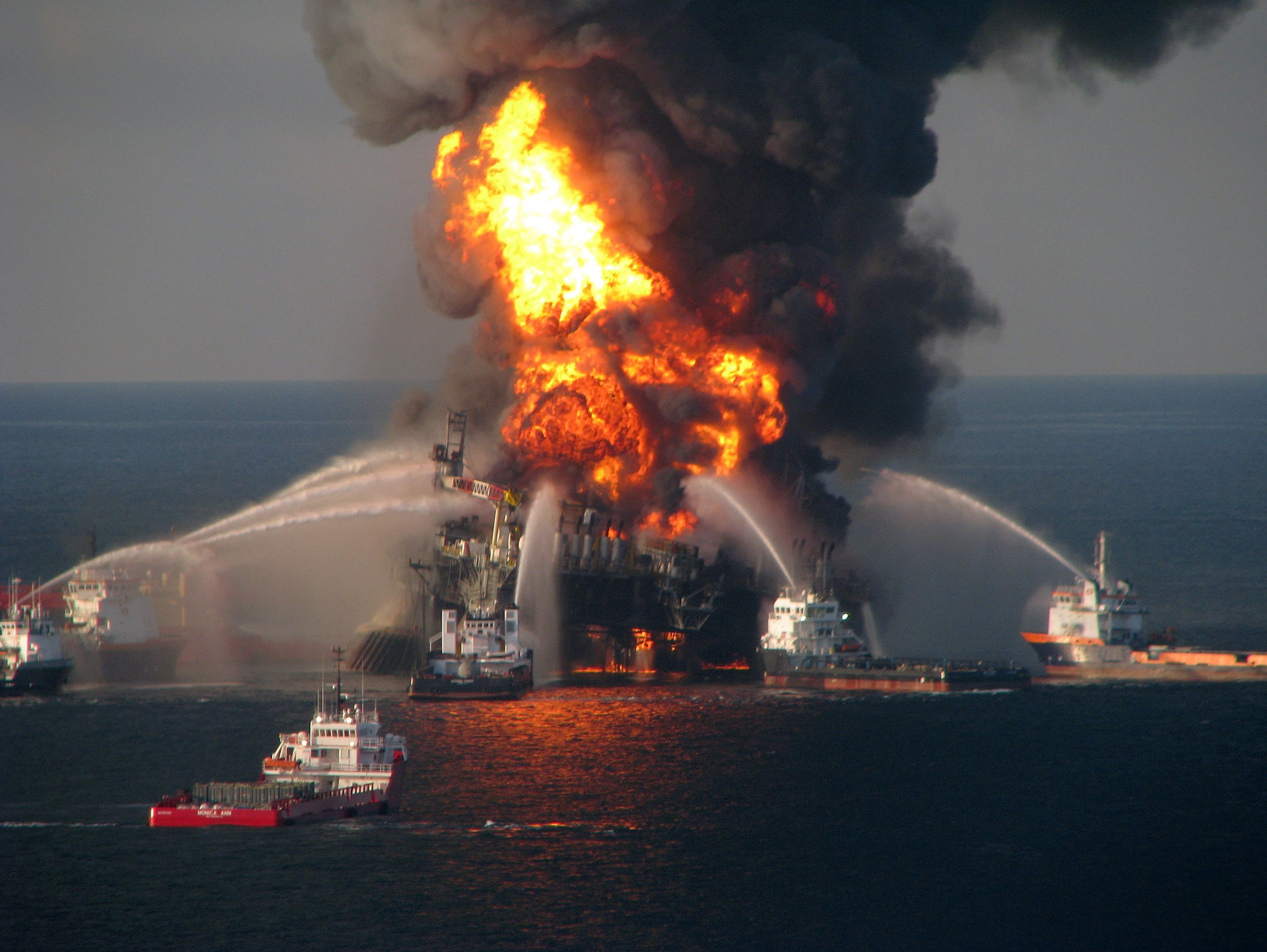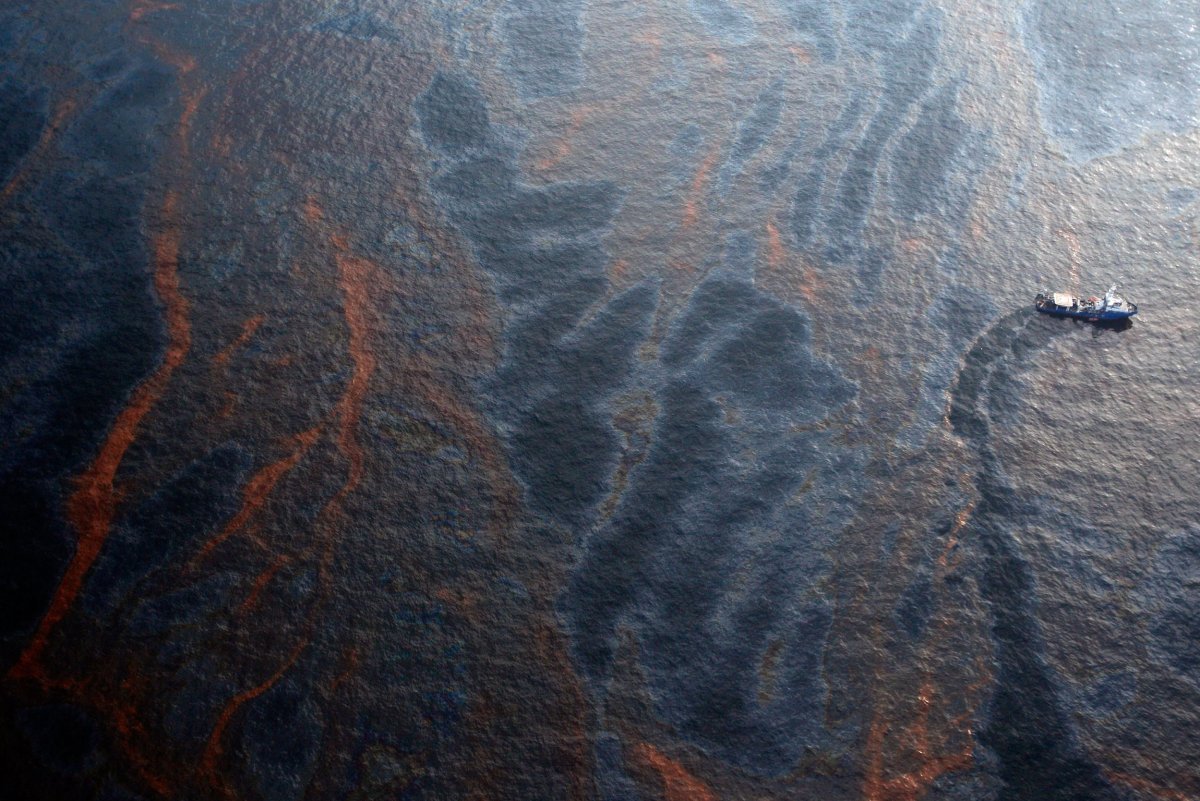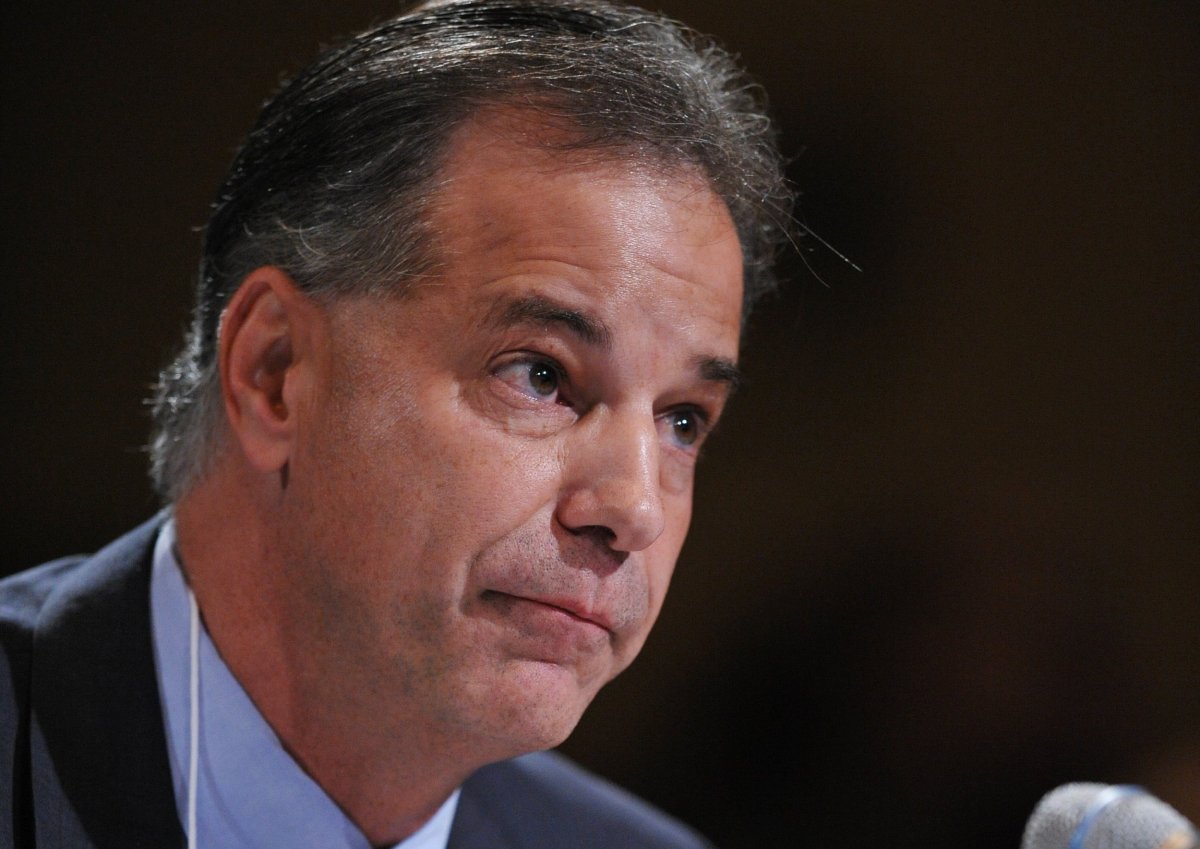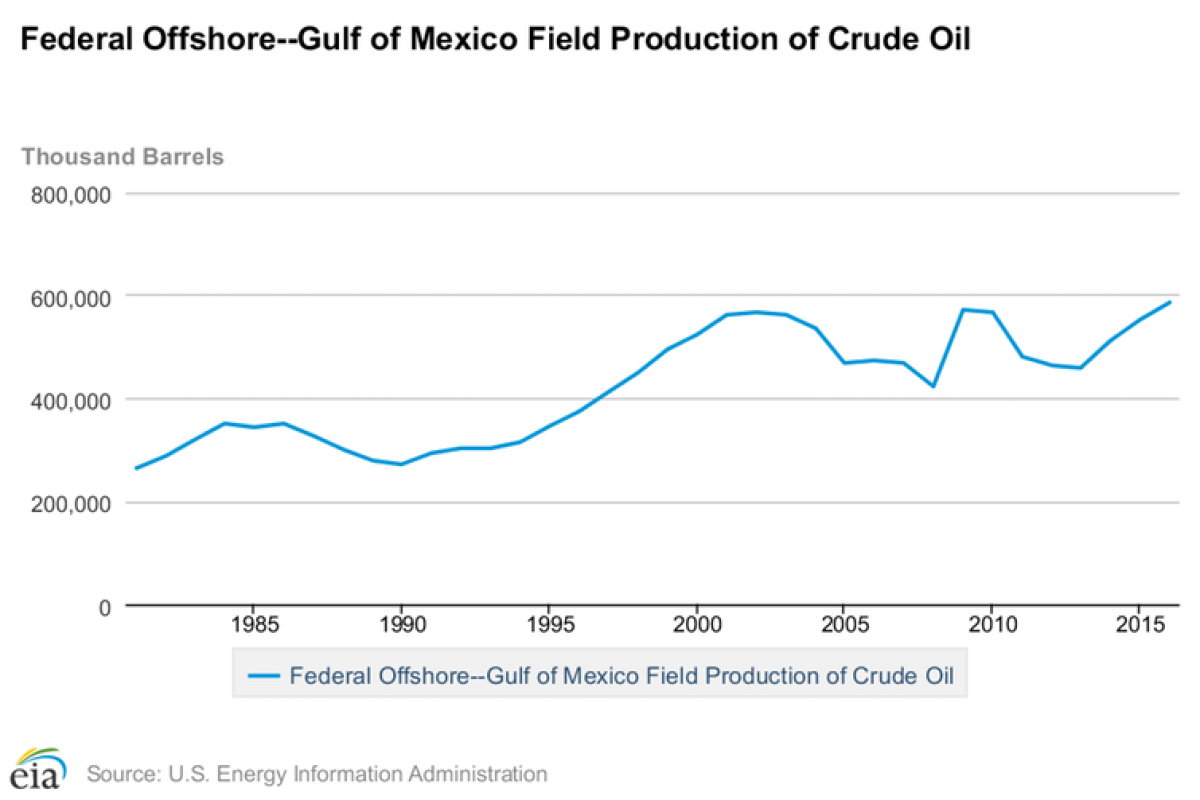
A version of this article was originally published on The Conversation. Read the original article.
The Trump administration is making an enormous mistake in proposing to ease regulations that were adopted after the 2010 Deepwater Horizon disaster.
Deepwater was the worst oil spill in U.S. history. Eleven workers died in the explosion and sinking of the oil rig, and more than 4 million barrels of oil were released into the Gulf of Mexico. Scientists have estimated that the spill caused more than $17 billion in damages to natural resources.
I served on the bipartisan national commission that investigated the causes of this epic blowout. We spent six months assessing what went wrong on Deepwater and the effectiveness of the spill response, conducting our own investigations and hearing testimony from dozens of expert witnesses. Our panel concluded that, while the immediate cause of the blowout was a series of identifiable mistakes by the companies involved, those mistakes revealed "such systematic failures in risk management, that they place in doubt the safety culture of the entire industry."
Rolling back regulations, as the president and his administration propose, will completely ignore the painful lessons of the Deepwater disaster—opening virtually all U.S. waters to offshore drilling and endangering workers and the environment.

During our commission's review of the BP spill, I visited the Gulf office of the Minerals Management Service, a part of the Interior Department dedicated to human safety and the protection of the environment. While there, an inherent conflict became clear between, on the one hand, increasing production and revenues and, on the other, maintaining the agency's safety and environmental protection functions.
In our report, we observed that the agency's regulations were "inadequate to address the risks of deepwater drilling," and recommended creating a new independent agency within Interior to oversee all aspects of offshore drilling safety and operational integrity. Officials at this new agency reviewed multiple investigations and studies of the BP spill and offshore drilling safety issues, including several by the National Academies of Sciences, Engineering and Medicine. They also consulted extensively with the industry to develop a revised a Safety and Environmental Management System and other regulations.
This was significant; prior to the Deepwater Horizon disaster, the oil industry had effectively blocked adoption of such regulations for years.
But Trump's executive order in March 2016, instructing agencies to reduce undue burdens on domestic energy production, signaled a change of course. And in April 2017, Trump's Interior Secretary Ryan Zinke appointed Louisiana politician Scott Angelle to lead the Bureau of Safety and Environmental Enforcement (BSEE).
Unlike his predecessors—two retired Coast Guard admirals—Angelle lacks any experience in maritime safety and has instead supported quite the opposite. In July 2010 as interim lieutenant governor, Angelle organized a rally in Lafayette, Louisiana, against the Obama administration's moratorium on deepwater drilling operations after the BP spill, leading chants of "Lift the ban!"

Even now, Angelle asserts there was no evidence of systemic problems in offshore drilling regulation at the time of the spill. This view contradicts not only our commission's findings, but also reviews by the U.S. Chemical Safety Board and a joint investigation by the U.S. Coast Guard and the Interior Department.
Under Angelle, the bureau has ordered the National Academies to stop work on a study that Interior had commissioned on improving its inspection program, and, in December, it formally proposed changes in production safety systems to rely on standards developed by the American Petroleum Institute, rather than the government.
One change would eliminate BSEE certification of third-party inspectors for critical equipment, such as blowout preventers; an investigation of the BP spill found that the Deepwater Horizon's blowout preventer had not been tested and was miswired. Another proposal would relax requirements for onshore remote monitoring of drilling; BP's remote monitoring operation in Houston was used only for daily meetings, as opposed to 24/7, prior to the Deepwater Horizon spill. Consequently, its drillers offshore urgently struggled to get assistance prior to the blowout via cell phones.
BSEE estimates that its proposals to change production safety rules could save the industry at least $228 million in compliance costs over 10 years. This is a modest sum considering that offshore oil production has averaged more than 500 million barrels yearly over the past decade. Even with oil prices around $60 per barrel, this means oil companies are earning more than $30 billion annually.
Thus, industry decisions about offshore production are driven by fluctuations in the price of crude oil and booming production of onshore shale oil, not by the costs of safety regulations.

BSEE's projected savings are also trivial compared to the $60 billion in costs that BP has incurred because of its role in the Deepwater Horizon disaster. Since then explosions, deaths, injuries and leaks in the oil industry have continued to occur mainly from production facilities. On-the-job fatalities are higher in oil and gas extraction than any other U.S. industry.
Some aspects of the Trump administration's proposed regulatory changes might achieve greater effectiveness and efficiency in safety procedures. But it is not at all clear that what Angelle describes as a "paradigm shift" will maintain "a high bar for safety and environmental sustainability," as he claims. Instead, it looks more like a shift back to the old days of over-relying on industry practices and preferences.
Donald Boesch is professor of marine science at University of Maryland Center for Environmental Science.
Uncommon Knowledge
Newsweek is committed to challenging conventional wisdom and finding connections in the search for common ground.
Newsweek is committed to challenging conventional wisdom and finding connections in the search for common ground.
About the writer
To read how Newsweek uses AI as a newsroom tool, Click here.








